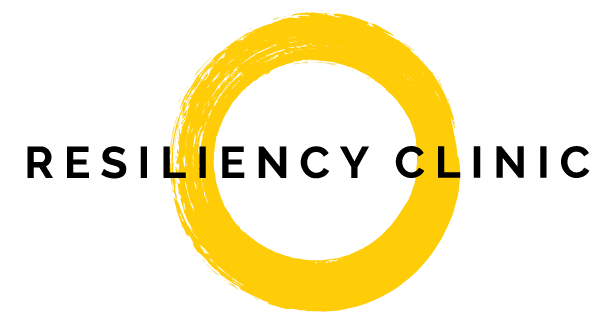This post was written by Annie Brebner, MA, a Registered Psychotherapist (Qualifying) with the College of Registered Psychotherapists of Ontario. Annie uses an evidence-based approach to help her clients build practical skills for managing ADHD, OCD, and anxiety. She brings compassion, warmth, and authenticity to her work and also supports couples navigating relationship challenges—particularly when ADHD symptoms are creating conflict or disconnection.
As a therapist supporting clients with ADHD, I often see people who are navigating a mix of challenges—procrastination, lack of focus, low motivation, emotional ups and downs, relationship stress, and (almost always) struggles with confidence.
ADHD—short for Attention-Deficit/Hyperactivity Disorder—is a neurodevelopmental condition that affects both children and adults. While most people associate it with attention difficulties or hyperactivity, what often gets overlooked is how deeply ADHD can impact emotion regulation, impulse control, and interpersonal relationships. We’ve shared some more symptoms of ADHD in this blog post.
One therapeutic approach that’s gained attention for addressing these issues is Dialectical Behaviour Therapy (DBT). Originally developed to support individuals with intense emotions and chronic emotional dysregulation—especially those diagnosed with Borderline Personality Disorder—DBT has proven to be incredibly helpful for people with ADHD as well. In fact, some studies (like Holmay et al., 2022) suggest DBT can be even more effective than traditional interventions in managing impulsivity, mood swings, and stress, all of which are common in ADHD presentations.
My Introduction to DBT (from the Other Side of the Couch)
I first discovered DBT in my mid-20s—not as a therapist, but as a client. What struck me most was how practical and accessible it felt. DBT is skill-based and solutions-oriented. It doesn’t just explore why you’re struggling; it teaches you how to cope and move forward. For me—and for many of my neurodivergent clients—this structured and straightforward approach is empowering.
DBT is organized into four core skill sets:
- Mindfulness
- Emotion Regulation
- Distress Tolerance
- Interpersonal Effectiveness
Let’s break these down through the lens of ADHD:
Mindfulness: Creating Space Between Feeling and Action
One of DBT’s foundational concepts is Wise Mind—a grounded mental state that balances both reason and emotion. Many individuals with ADHD feel pulled between impulsive reactions and emotional overwhelm. Mindfulness skills help us notice what’s happening in the moment without judgment and pause before reacting. These skills build the muscle of presence, which creates the space needed to make intentional, values-aligned choices.
Emotion Regulation: Understanding Your Inner Landscape
People with ADHD often describe their emotional experiences as fast and intense. DBT offers tools to help name those emotions, understand their origins, and respond in ways that are aligned with long-term goals. When you can predict and manage emotional reactions, you reduce the sense of being hijacked by your feelings and start showing up with more consistency in work, relationships, and everyday life.
Distress Tolerance: Navigating Emotional Storms
Life with ADHD can feel like a series of micro (or macro) crises—missed deadlines, forgotten appointments, or emotional outbursts. DBT’s distress tolerance skills offer practical ways to cope with discomfort without spiraling. These tools focus on getting through the moment safely and effectively, using techniques like distraction, self-soothing, and radical acceptance to reduce reactivity and maintain a sense of control.
Interpersonal Effectiveness: Communicate with Clarity and Confidence
ADHD can complicate communication—whether it’s interrupting conversations, forgetting important details, or becoming emotionally reactive in the heat of the moment. DBT’s interpersonal skills help people express themselves clearly and assertively while maintaining relationships and staying true to their values. I’ve found this skill set especially helpful for clients working on rebuilding confidence in both personal and professional settings.
Ready to explore how DBT could support you or a loved one with ADHD?
Annie is currently accepting new clients for individual and couples therapy. Whether you’re feeling overwhelmed, stuck in patterns, or simply looking for practical tools that actually work—she’s here to help. Book an appointment today and take the next step toward clarity, confidence, and support that meets you where you are.






